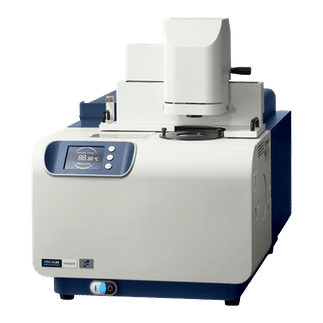To use all functions of this page, please activate cookies in your browser.
my.chemeurope.com
With an accout for my.chemeurope.com you can always see everything at a glance – and you can configure your own website and individual newsletter.
- My watch list
- My saved searches
- My saved topics
- My newsletter
Stone Wales defectThe Stone Wales defect is a defect that occurs on carbon nanotubes and is thought to have important implications for nanotube's mechanical properties. The defects are thought to be responsible for nanoscale plasticity and the brittle-ductile transitions in carbon nanotubes. Product highlightOne of the plausible processes for isomerization of the fullerene is the so-called Stone-Wales or "pyracylene" transformation, which is the 90° rotation of two carbon atoms with respect to the midpoint of the bond. The Stone-Wales transformation is also used to describe the structural changes of sp²-bonded carbon nanosystems. For example, it has been proposed that the coalescence process of fullerenes or carbon nanotubes may occur through a sequence of such a rearrangement. By the Stone-Wales transformation, four hexagons are changed into two pentagons and two heptagons. It is a kind of Stone-Wales defect.
References
|
| This article is licensed under the GNU Free Documentation License. It uses material from the Wikipedia article "Stone_Wales_defect". A list of authors is available in Wikipedia. |







